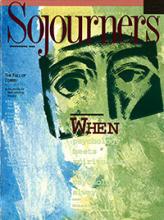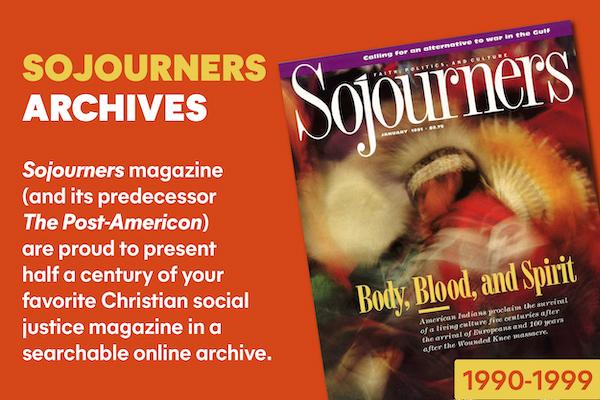Back in the mid-to-late 1980s, I used to irritate many a friend by pointing out that Bruce Springsteen had probably contributed more to the process of social change in America than had all of the demonstrations that would be organized in our entire lifetime. I said it to provoke, but I also believed it. I still do.
And that's why there is a popular culture column in this magazine. Because even if you think my Springsteen statement hyperbolic, it's an undeniable fact that America's popular, electronic, commercial culture is the medium of exchange in which the American future will be bartered.
I've lately become convinced that, within the mainstream soup of commercial television, Oprah Winfrey has become a progressive force on a scale that dwarfs most other progressive forces. I'm talking about Oprah Winfrey as talk show host, not as occasional actress. And I must admit up front that I'm not the Oprah Winfrey Show fan in my house. Polly Duncan Collum has taught me most of what I know about this subject.
To tell the truth, when I do watch the Oprah show, its "true confessions" ethos often pushes my male-socialized panic button. When it comes to talk shows, I'm the guy who tapes David Letterman to watch the next day. Dave's a real cool guy. Unfortunately I have to admit that Dave is decidedly not a progressive force. You can tell by the show's guest list, which is often heavy with sports figures and what Dave calls "leggy supermodels."
Read the Full Article

